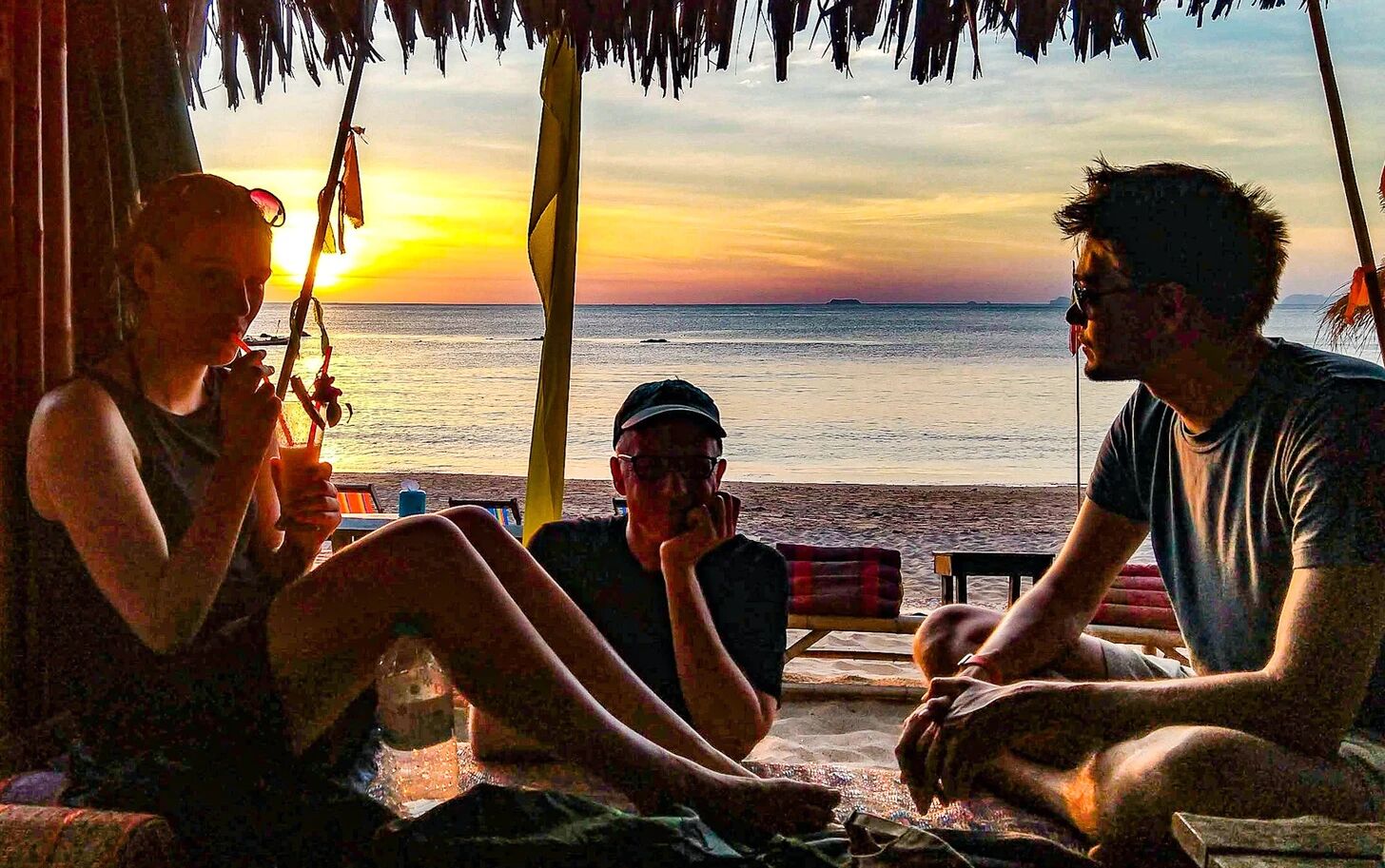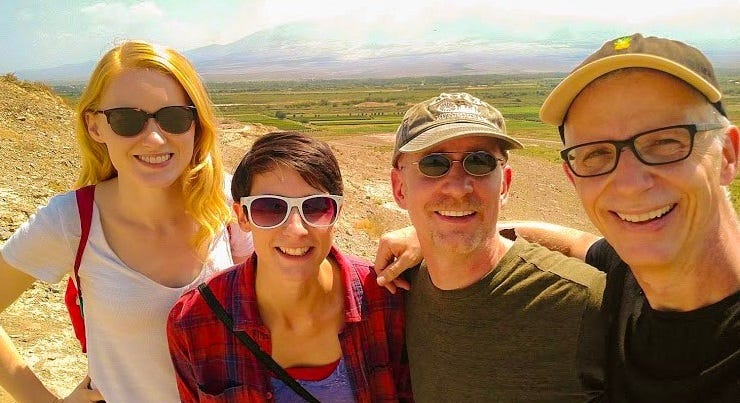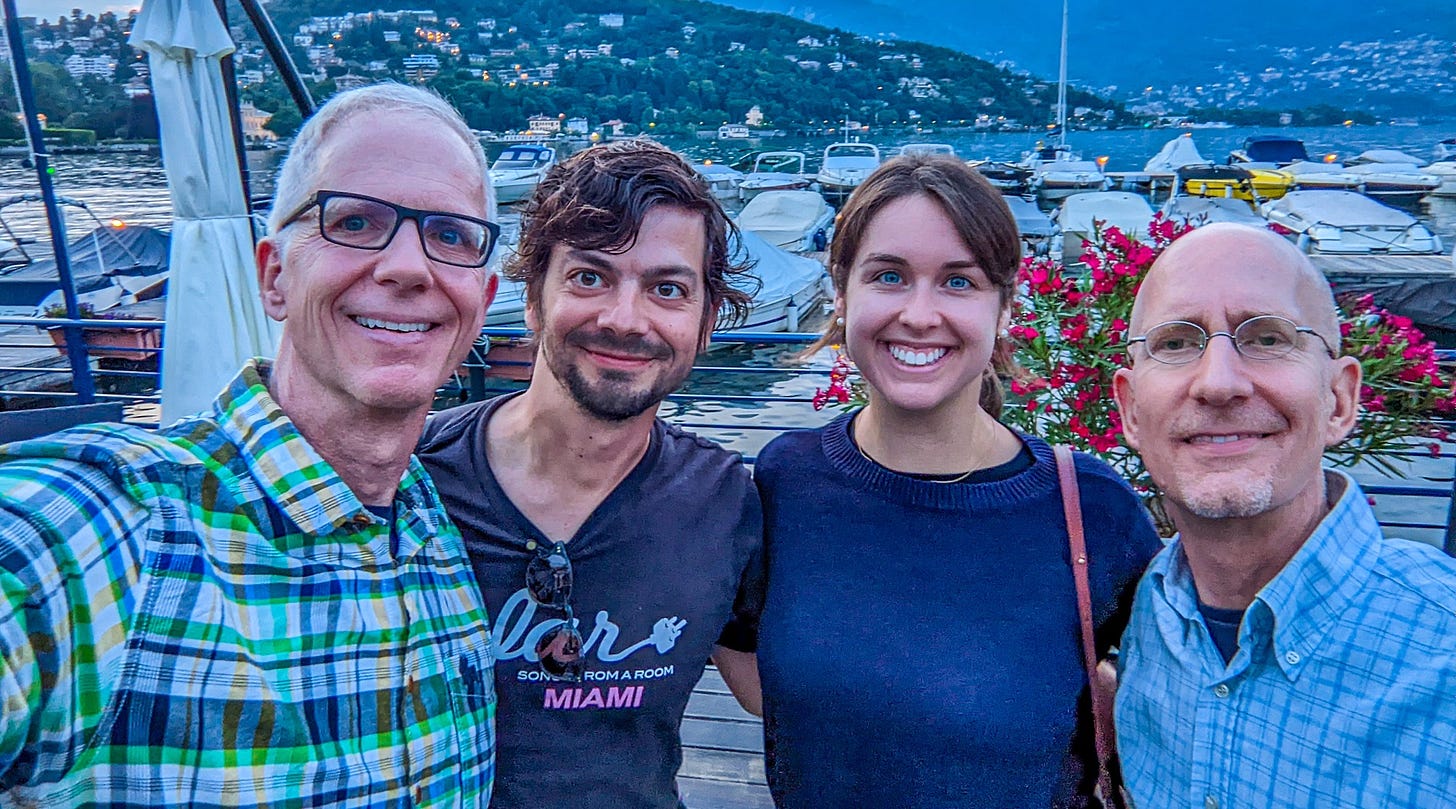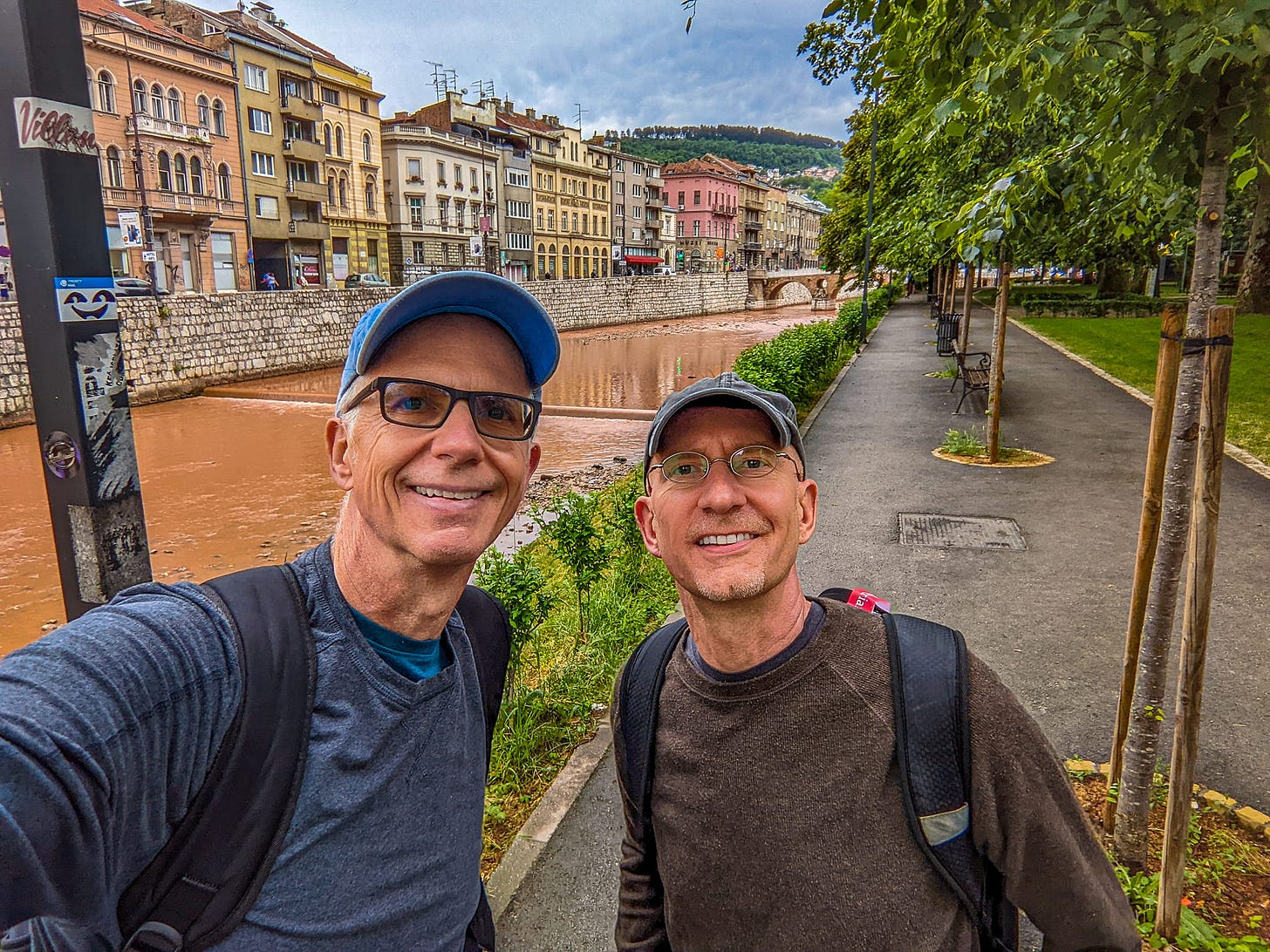What if I told you there was a brewing movement where Americans and Western Europeans are starting to adopt an extremely minimalistic lifestyle, eschewing personal possessions and dramatically reducing their carbon footprint?
And what if I said this same group had begun rejecting consumerism and old notions of “work,” creating new paradigms that celebrate independence and personal satisfaction, encouraging people to value experiences and relationships over “things”?
Related: 10-year-old creates free library offering LGBTQ books to fight book bans
And what if I said this group had also started to radically redefine travel: seeking out and celebrating previously-ignored locations and cultures — and choosing to stay in these regions for months at a time, rather than flying thousands of wasteful miles to vacation for a week or two?
Never Miss a Beat
Subscribe to our newsletter to stay ahead of the latest LGBTQ+ political news and insights.
If you cared about social and environmental justice, you’d be pretty excited, right? You’d probably think this movement was a pretty solid net positive for the world.
Of course, there is exactly such a movement — digital nomading — and I happen to think it is a very net positive for the world.
But that’s not how a lot of people see this rising phenomenon, especially online.
Write anything about nomading these days, and you’ll instantly be the target of some very specific criticisms: namely, that you’re selfish, entitled, and privileged, not to mention destroying the environment and continuing the ignoble traditions of colonialism and imperialism.
Look, I get it: in 2022, cynicism and negativity sell. The corporate overlords at the different social media companies are currently getting very rich writing algorithms that encourage and reward people for being their worst, most obnoxious online selves.
Plus, some criticisms of nomading are absolutely fair. Tourism and tourist economies have big drawbacks. We should all be supporting and encouraging sustainable, community-based travel.
Then again, if not tourism, what? The travel industry gives poorer communities a fairly immediate way to raise living standards — and it sure beats most of the completely centralized, environmentally-devastating alternatives.
Airbnb has negatively transformed many communities, and too much of the money goes to entrenched interests. I applaud the fact that many cities are choosing to more tightly regulate short-term rentals, and I hope more countries use tourism dollars to invest in basic infrastructure and build broader economies.
Then again, the hotel industry is even less equitable than Airbnb. And let’s face it: hotels simply aren’t yet equipped for long-term stays and slow travel, which are objectively good developments that Airbnb has encouraged.
And I would never deny that nomading requires a massive amount of Western privilege.
But, well, that privilege exists whether a person nomads or not. In my experience, nomading makes one much more aware of one’s privilege — and more determined to do something about it.
Some people accuse nomads of not interacting with local communities, but that hasn’t been my experience at all. In fact, now when I hear about an international tragedy or human rights violation, I often take it very personally, because some of the people involved are my friends. It’s not abstract in the least.
And, yes, we nomads do spend our money in communities that openly appreciate it. After fifteen zillion locals tell you they’re very happy you’ve come to live among them, you eventually start to believe them.
Let me be very clear: nomads don’t do what we do out of selflessness. We choose this lifestyle because we like it. For most of us, it also has massive financial and other advantages.
Then again, when judging the value of nomading, it doesn’t seem fair to compare those of us who do it to some idealized paragon of virtue.
No, you have to compare nomads to non-nomads: to the person the nomad would probably be if they hadn’t chosen this lifestyle.
By that measure, I’ve personally come out way ahead.
I own virtually nothing now except what I carry in my backpack. Michael and I don’t own a car and take mass transportation almost everywhere we go.
We buy and live as locally as possible, and we often make charitable contributions in the places where we live. We’ve also tried to use our platform to call attention to various injustices.
Because I’m a “slomad,” staying in regions of the world for a year or so, I now even fly less than before.
Am I a “typical” nomad?
Honestly, I think I am. Every community has jerks, twits, and grifters, but I’m mostly proud of my peers.
The greater point is, if your version of social and environmental justice depends on humans suddenly becoming completely noble and selfless higher beings, well, you’re probably going to end up disappointed. Meanwhile, the poor people you claim to care so much about will go on waiting for something else to raise their standard of living.
By contrast, if your movement depends on changes in attitudes and shifts in social values — if it depends on phenomena like nomading — hey, it might very possibly succeed in very important ways.
Look, I know I need to stop taking all these attacks on nomading so personally.
But here’s why they bug me: I really believe that nomading is part of the solution to many of the world’s problems. It’s a big step in the right direction.
It’s part of a whole array of what I think are very positive trends and movements: new urbanism, simple living, vegetarianism, co-living, deep ecology, intentional and community-based tourism, FIRE, work-life balance, and, most importantly, the shift away from planet-destroying materialism and consumerism.
I’m absolutely not saying criticism of the nomading movement should stop. By all means, keep us honest.
But please stop with the stereotyping and cheap shots, even if it means you’ll get fewer likes on Twitter.
Most of all, never lose sight of the big picture.
Nomading isn’t perfect. But it’s a good thing that’s making the world a better place.
Brent Hartinger is a screenwriter and author, and one half of Brent and Michael Are Going Places, a couple of traveling gay digital nomads. Subscribe to their free travel newsletter here.
Don't forget to share:

















Can we please stop with all the nomad hate?